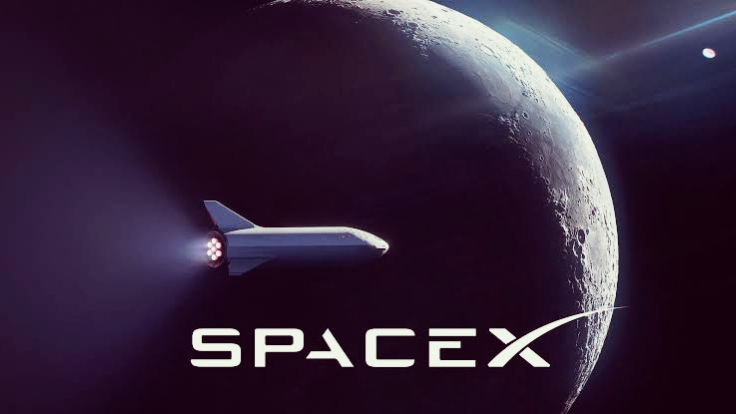A daring attempt to propel humanity into the future of space exploration by SpaceX’s Starship rocket has ended on a sad note after its third trial flight on Thursday.
The ambitious mission, aimed at charting a course for eventual lunar and interplanetary travel, designed to eventually send astronauts to the moon and beyond.
It, however, reached a significant milestone by completing a substantial portion of its journey before it ended abruptly.
During the test flight, Starship demonstrated remarkable progress by navigating through low orbit, marking its farthest excursion to date. However, the triumph was short-lived as the spacecraft met a devastating fate upon re-entry into the Earth’s atmosphere.
In a somber announcement, SpaceX confirmed the loss of the Starship rocket during atmospheric re-entry.
Reacting to the development, CEO of SpaceX, Elon Musk, said the information gathered from the ill-fated trip will serve as a guide for future space adventures.
“While we are disappointed by the outcome, the data gathered from this test flight will be invaluable for our continued efforts to push the boundaries of space exploration,” Musk stated.
The incident underscored the inherent risks associated with pioneering endeavours in space travel. Despite meticulous planning and rigorous testing, the unpredictable nature of space exploration often presents unforeseen challenges.
NASA Administrator, Bill Nelson, weighed in on the development, emphasising the importance of perseverance in the face of adversity.
“Exploration is fraught with challenges, but it is through setbacks like these that we learn, adapt, and ultimately progress,” remarked Nelson.











